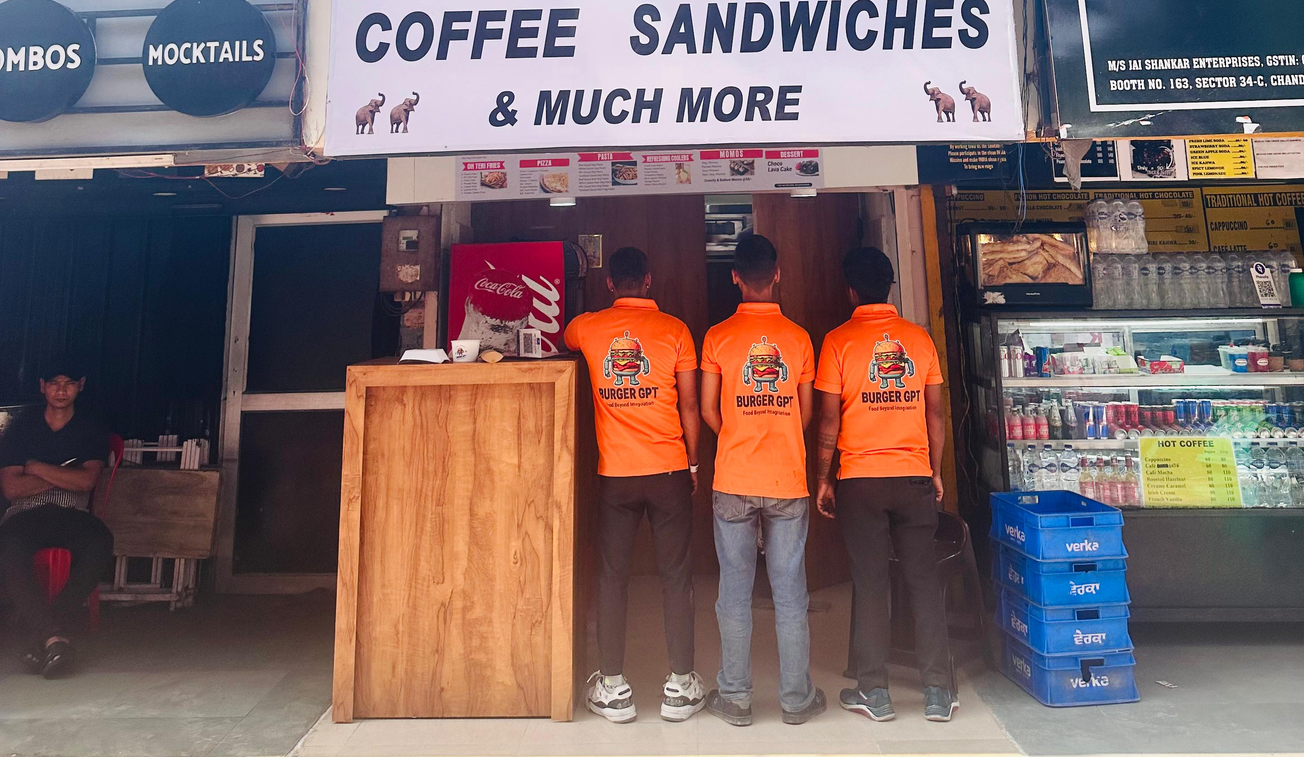We love to impact others through actions or words; our strict demand for expansion of thought is enabled. Notable personalities have spoken so much in great detail about their country’s growth and the issue of unresolvedness. Similarly, Jack Ma, who blew out ANT Group, Alibaba’s one-stop financial center, from it’s 35 Billion IPO to nothing. Jack ma’s one speech on the trade and the Chinese economy’s irregularities took a feel in Chinese President Xi Jinping’s boots that made him hold the company’s public stand and stakes.
The 56-year-old Alibaba founder aimed his attack directly at Chinese regulators, many of them sitting in the audience when he said the systemic risk in China lacked an adequate financial system. He denounced that Chinese banking, which frequently relies on considerable collateral before loans are sanctioned, has a pawnshop mentality that stifles entrepreneurship. As a gigantic non-banking financial company, ANT exercises artificial intelligence and actual data honed at Alibaba, the e-commerce giant that Ma founded, which owns a third of ANT to determine borrowers’ creditworthiness through its affiliates. (1)
With ANT’s initial public offering of more than 35 billion, which would have been the world’s most extensive, just days away, Ma was going public with his fight with regulators. It turned out to be a disastrous miscalculation, in part because there is also a backlash within the government against technology companies in China. If the listing went ahead, it would have valued ANT Group at more than 300 billion. Alibaba, which is double listed in New York and Hong Kong, has a market capitalization of around 700 billion. The two companies are significant investors in Indian companies like Paytm and Zomato. Earlier, The Wall Street Journal reported that President Xi Jinping decided to delay the listing. (2)
Impact on Financials and more
The ANT and Ma debacle describes a larger story about China. Financial risk is one of the main concerns of the country’s economic leadership and Xi. China may be one of the most carefree capitalist countries globally, but under Xi, it frequently cuts back its most prominent entrepreneurs while favoring state-owned companies. State banks have long been critical of ANT. A Hong Kong broker said the suspension would cause pretty profound damage to retail investors.
Nobody is interested in canceling assignments at this stage, said the director. I don’t think there is any precedent for this kind of situation. Bright Smart Securities, a prominent Hong Kong broker, initially said that retail investors would have to shell out the interest rate payments on the margin loans they had obtained to increase their exposure to ANT shares.
Jack Ma’s opinion of Chinese regulations
In hindsight, it is clear that the clash with the regulators and the Party leadership had been building up for some time. On one level, it involved a broad rethinking of the rules governing microfinance in China. On the other, it was about how vast ANT had developed and the systemic risk to the entire financial system. But there was also a personality in the antagonism. When Ma took the stage at the Bund economic forum in Shanghai just days after receiving approval to list ANT in that city, he specifically pointed to the proposed rules that would require ANT to occupy much more capital on its balance sheet. Had it been implemented, this would have made ANT much less profitable and essentially place on a level footing with the banking organizations. (3)
Ma saw the new regulations as a direct threat to his business model, which burdened ANT with heavy capital requirements that would undermine his ability to lend. He criticized regulators, the Chinese banking system, and even the financial regulatory system. Basel is more like a club for seniors about solving an aging financial system operating for decades, but China’s situation is the opposite. Their risk is the lack of a robust financial plan, is what he said.
How the past has affected ANT’s IPO for the future
Chinese banks have to use little incentives to find new customers. Risk-averse lending officials lent only to state-owned firms, believing they could never be accused of default or bribery. Small and medium-sized businesses thrived and were seen as the backbone of the economy. The service was high and inefficient. There was no incentive for depositors to keep their money in the banks when they received this payment from their savings. Furthermore, banks were reluctant to innovate in areas like payments. Frustrated regulators hailed reform and competition as catalysts for forcing banks to change their conservatives and complacency. (4)
Restarting ANT’s IPO could take a long time as the organization assesses its choices; however, that has done barely to shut the questions among global financials trying to tap future development in the territory. ANT’s double posting in Hong Kong and Shanghai was relied upon to be the most significant funding on record, outperforming Saudi Aramco’s 29.4 billion posting a year ago.
Public banks have approached their regulator, the China Banking and Insurance Regulatory Commission. They argued that if they were losing market share, they needed five times more capital than their competitors in the fintech world. Those responsible for the ANTs have not forgotten the threat. At the time, Eric Ching, ANT’s CEO, used every opportunity to tell his audience, including a reporter, that he believed ANT because fintech means financial inclusion. And what could be a more critical goal in the eyes of the party? When ANT published the note, he did everything in his power to emphasize his role as a partner, not a competitor, for banks, allowing them to lend to small-scale and medium-sized enterprises that they had previously prevented.
However, Ma underestimated the extent to which he was perceived as a threat. This reaction was inevitable but far more violent than anyone in ANT could have expected. (5)










